Nine months ago (March 6, 2020) we loaded busses, cleaned out dorm rooms, and bid farewell to students for Spring Break. We knew COVID-19 was becoming “a thing” that might impact our return to campus for the Spring Term, but we had no idea how much our world would be turned upside down. While this global pandemic is far from over, we pause today to reflect on five lessons we have learned (so far) as a school community from COVID-19.
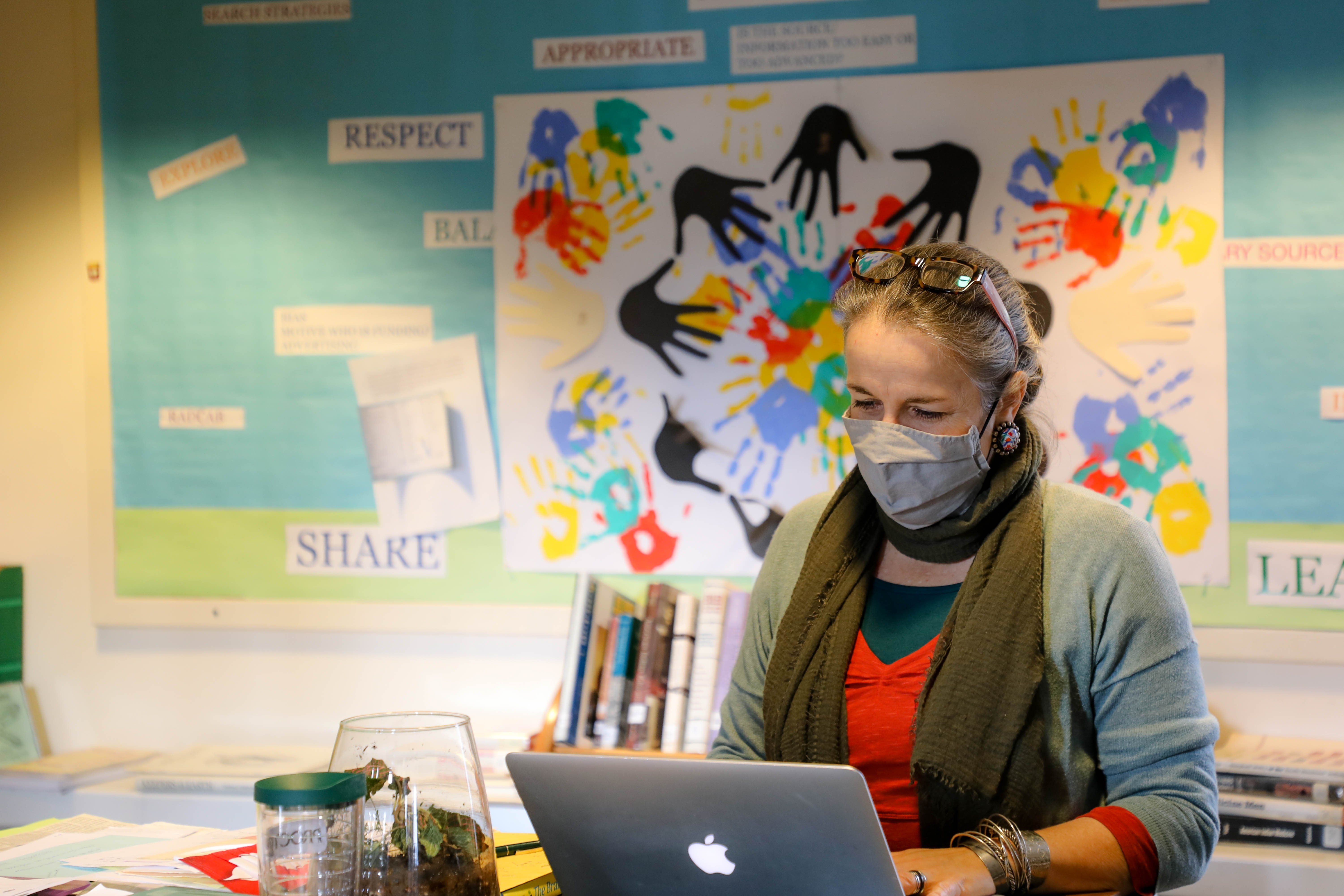
Parents Are Our Greatest Partners
We just sent home a communication to families letting them know our intent to return to campus for in-person learning in January. Of course this decision may need to shift in the coming weeks due to regional and national health data, but core to that message was the importance of the underlying partnership with parents required of safely repopulating a boarding school campus during a pandemic. We are reminded daily that the Proctor experience is only as powerful as the partnership with our families. When we are aligned in our goals, working together to provide young people with life changing experiences, the results are truly remarkable.
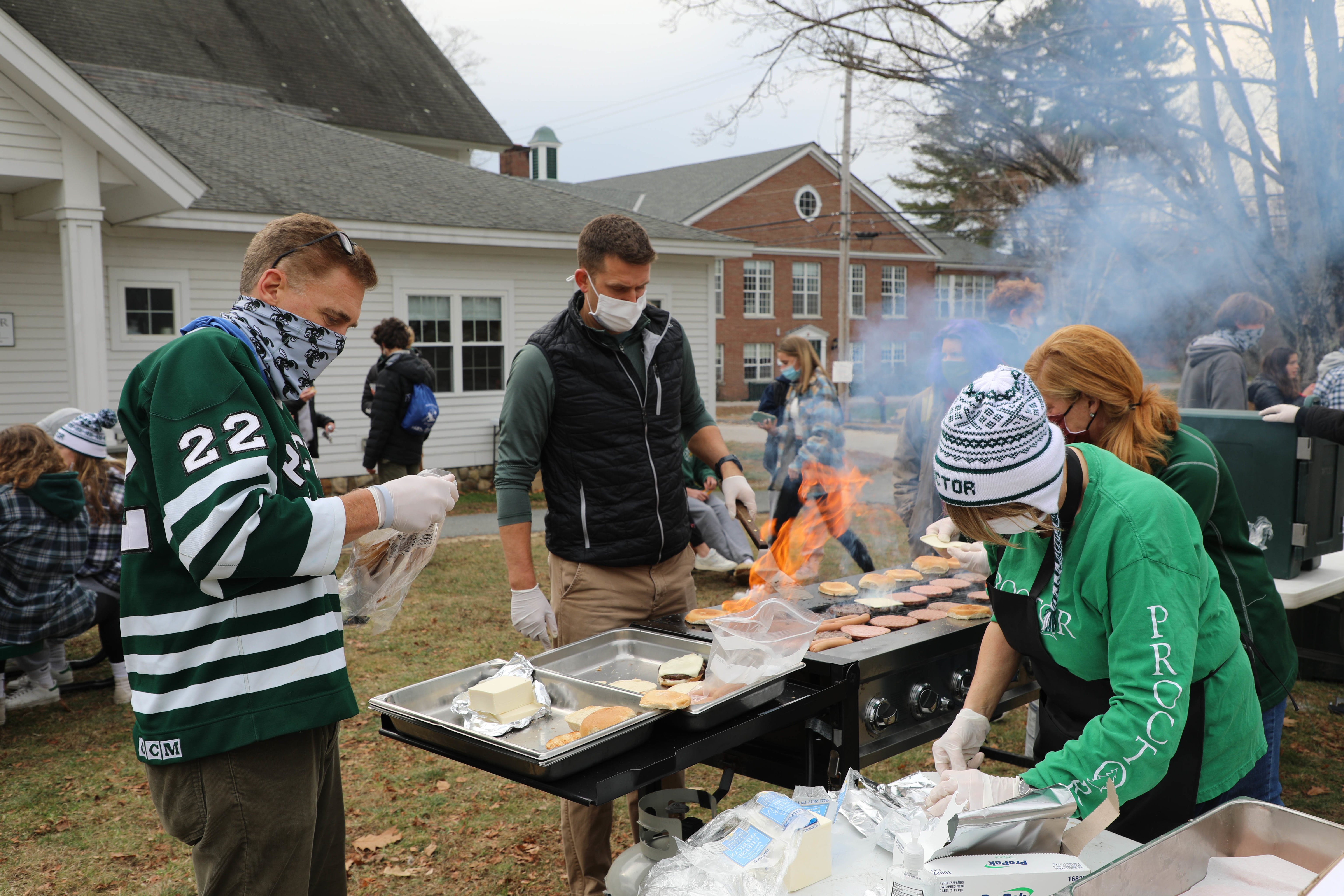
Food is Key to a Teenagers Heart
This pandemic has forced us to better understand how and where our students consume food. We halted the daily migration to JJ’s Market and Pizza Chef across the street to reduce exposure for our students, and quickly realized just how much our students relied on outside food sources to supplement dining hall offerings. And so we evolved. We offered late night food options out of the dining hall, breakfast sandwiches out of the Wise Center, and food delivery options to campus. We stocked dorm common room fridges and snack stations around campus. Additionally, new safety protocols were introduced to the dining experience, and while we had to work out the kinks during the first few weeks, we eventually experienced a transformation in the food experience for our students. Conversations took place as we stood in line with each other while waiting for silverware to be distributed by a faculty or staff member. Our Dining Services staff learned personal preferences and favorites as they served food (self-service has been postponed) to our students. We saw far fewer phones out at intimate tables of four instead of the usual eight. No longer was the consumption of food a transaction, but rather an opportunity for connection.
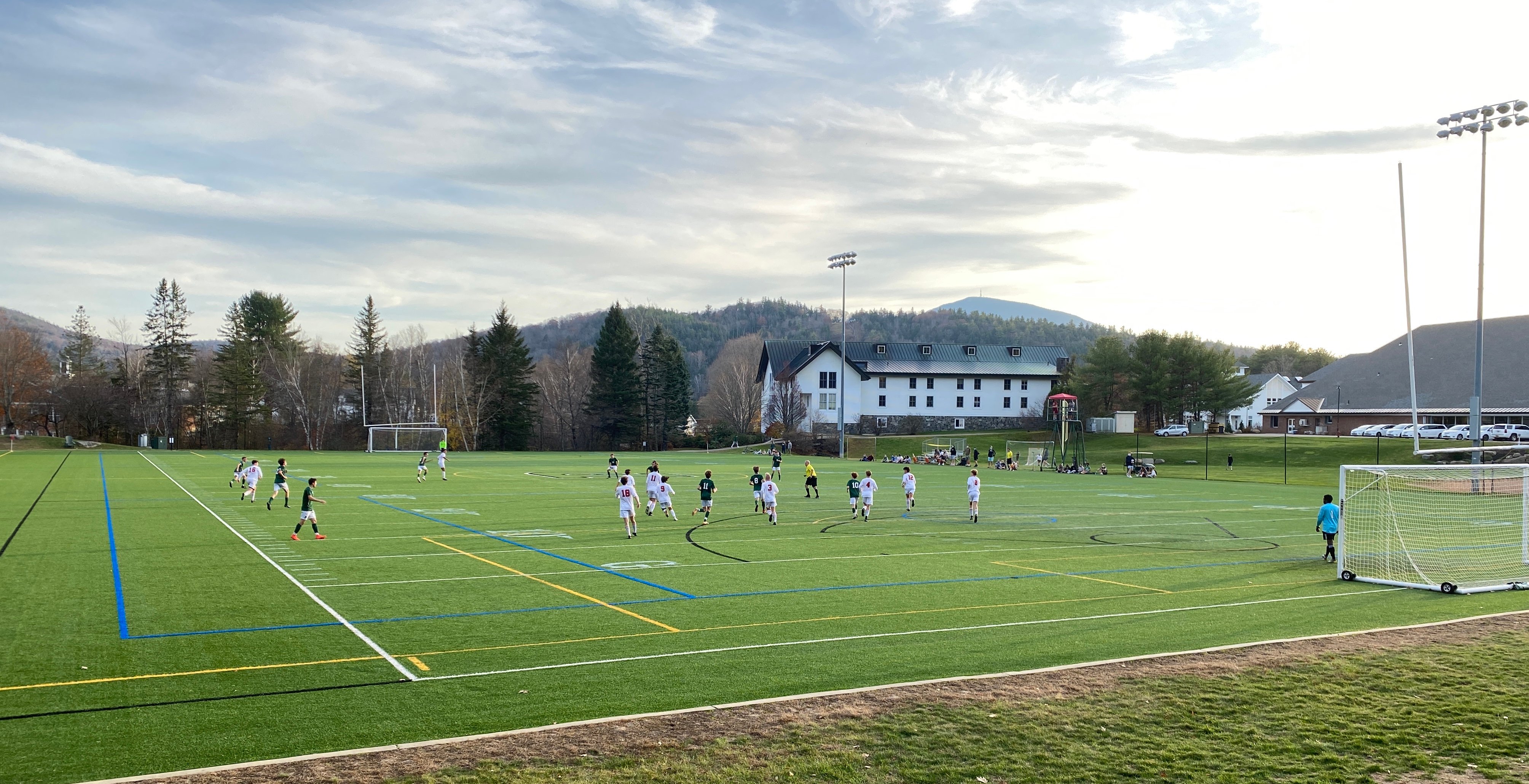
Weekends Spent on Campus Build Community
The boarding school experience of the 1960s and 1970s saw parents drop their student at the start of the year and then come pick them up at the end of the term. There were no weekend leaves or parent visits. The ten consecutive weeks on campus were cherished by students as time to fully immerse themselves in the boarding school experience. Over the past decades, a gradual erosion of this model saw more and more students take weekends off-campus to visit family, engage in club sports and other opportunities to step away from the intensity of boarding school life. This evolution made sense for our students and their families, but sometimes you do not realize what you have lost when it slowly slips away. This fall, we returned to a closed weekend model, and in turn weekends were busy with activities and our boarding students thrived. The sense of community built when students remain on campus throughout the term proved to be one of the unforeseen benefits of the pandemic.
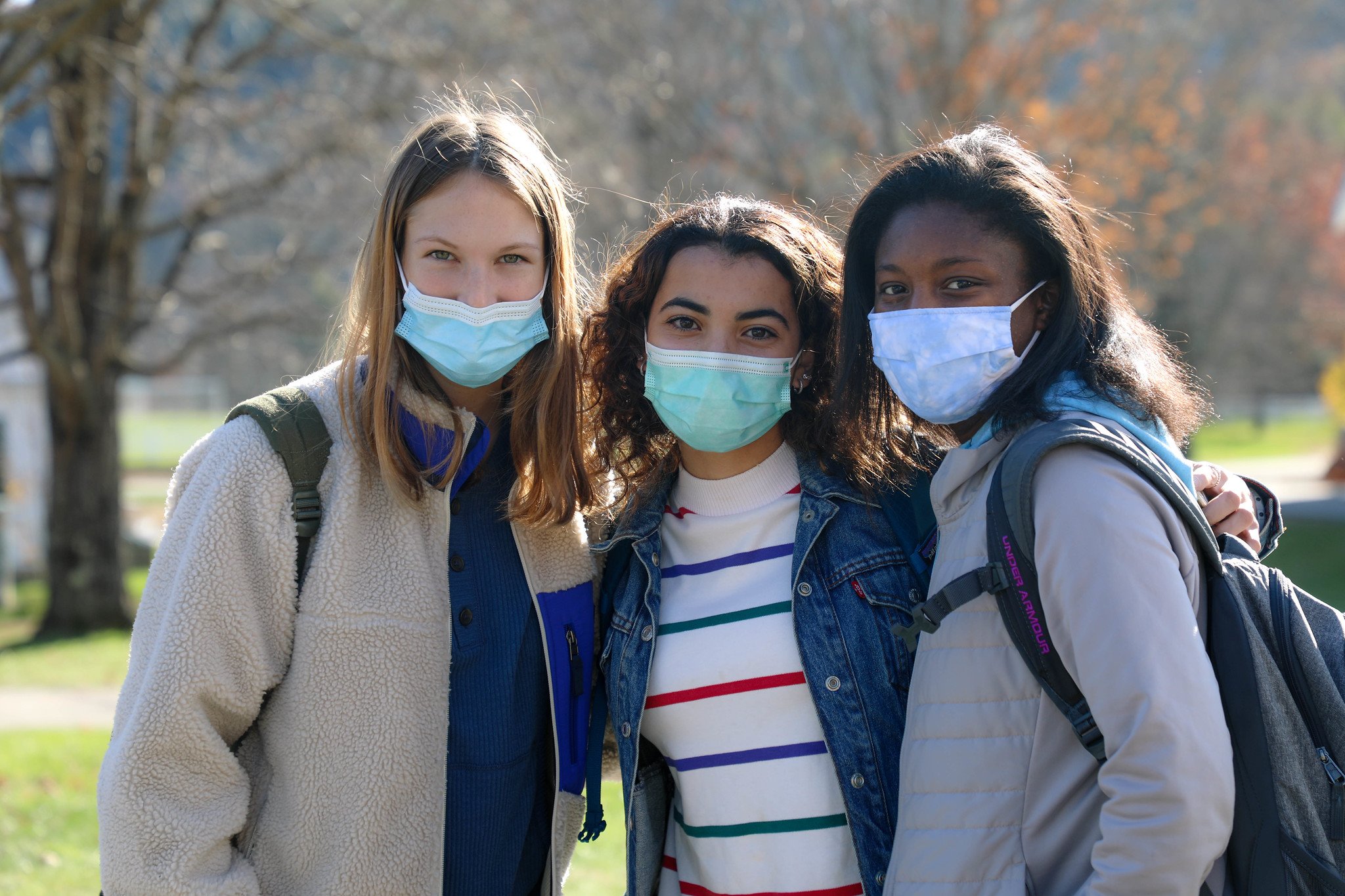
Teenagers Value Relationships as Much as Adults
As students hugged and said goodbye before departing for Thanksgiving Break, we witnessed genuine sadness that we have only seen as off-campus programs disembark after a term abroad. The intensity of the ten weeks on campus this fall forged connections few other experiences can replicate. As adults, we are keenly aware of the isolation we have felt over the past nine months. We long to travel, to visit extended family, to return to “normal”, to rekindle relationships that have gone by the wayside. What we came to appreciate this fall is that our students are no different than us. They crave relationships, and our ability to provide an in-person experience is critical to their overall well-being.
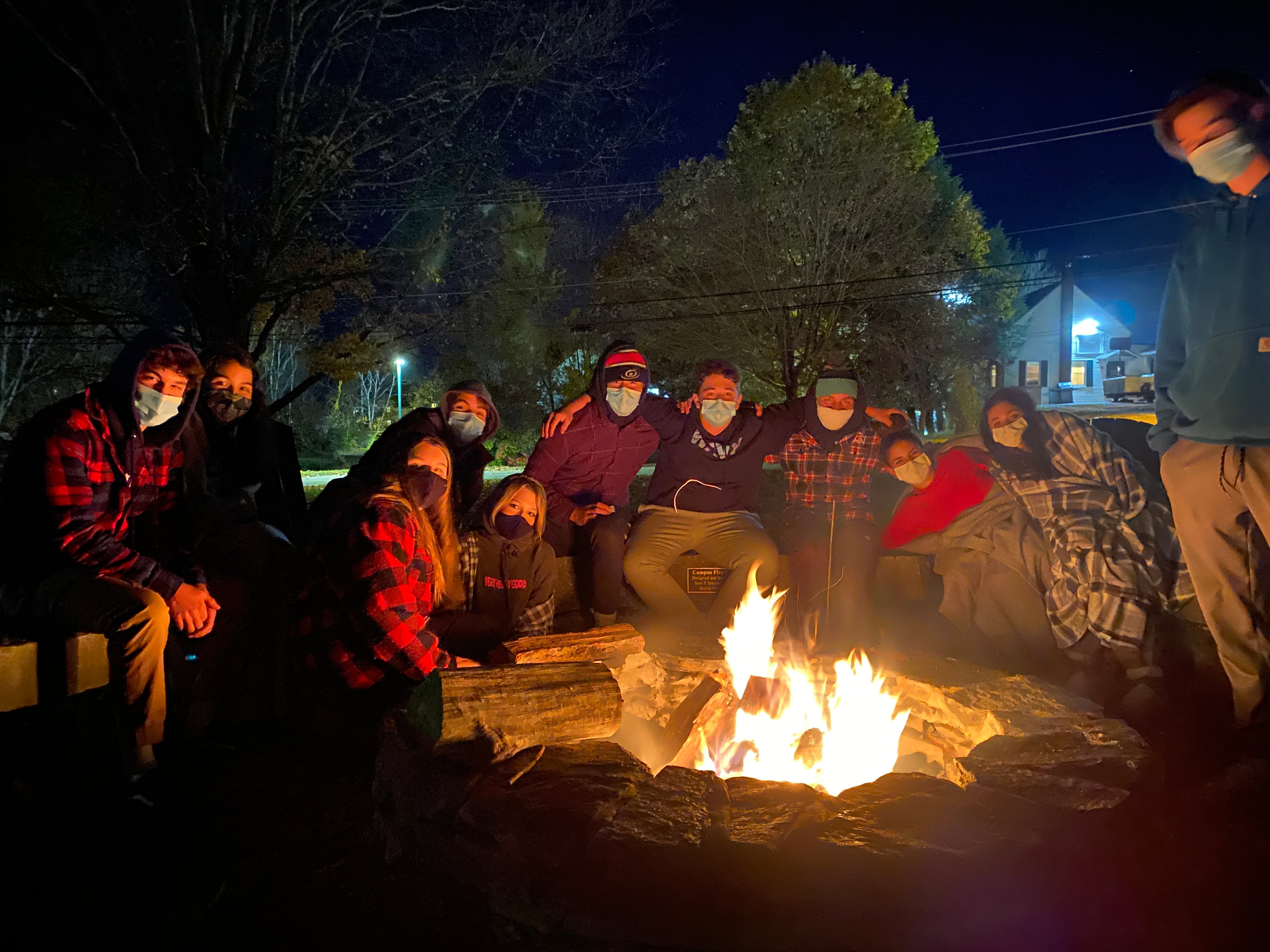
The Firepit is the New Screen
With students spending so much time on screens during remote learning, they were able to articulate their own “screen fatigue”. Once on campus this fall, students yearned to be together in groups, just being. Sometimes at the firepit, sometimes hanging out on the turf under the lights, other times on the front porch of their dorm. They weren’t scrolling on their phones, they were just talking and connecting. They were just being. The past fifteen years have been about adding more to our lives: more classes, more AP courses, more specialization with athletics, longer resumes, and no moment left unscheduled. The pandemic has forced us to slow down and return to basics: community, nature, and self-reflection. It has challenged us to think about what really matters in our lives and what makes healthy teenagers. Isn’t this the kind of slowing down of life that child psychologists, educational theorists and others have been telling us we needed? Our challenge as a school is to learn this lesson alongside our students, and to evolve ourselves into a school that, at its core, understands the environment that will best allow our students to be the healthiest version of themselves.








